Skoda CEO Thomas Schäfer has described 2021 as “one of the most challenging years in [the car maker’s] history”, reporting a global sales decrease of 12.9% to 878,200 units.
It means the Czech firm failed to sell more than one million cars for the first time in eight years.

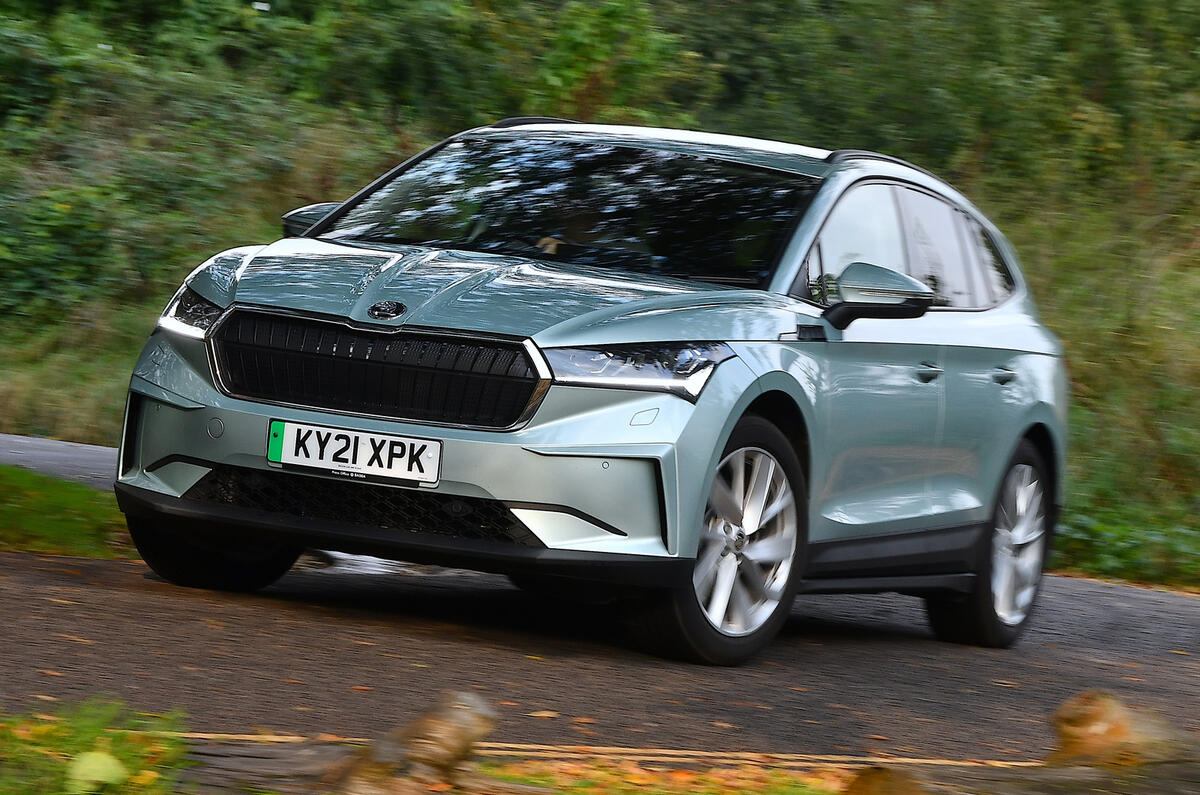
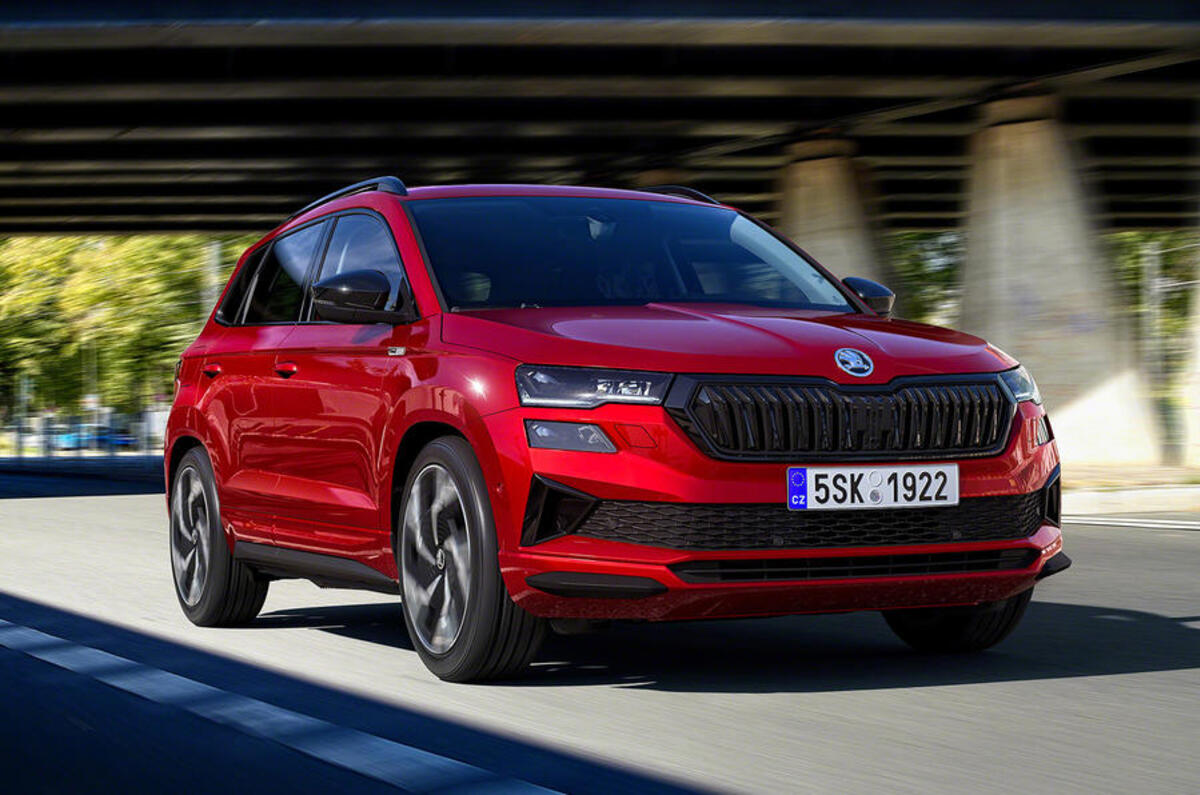
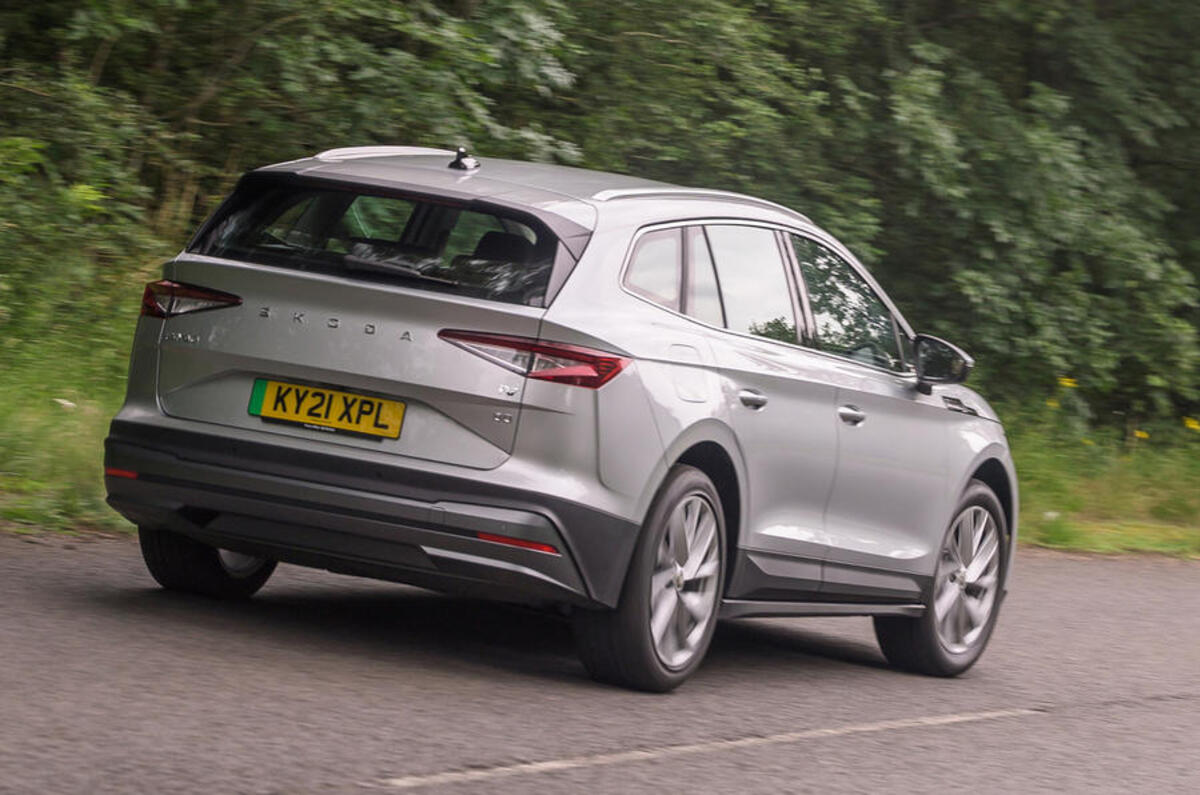
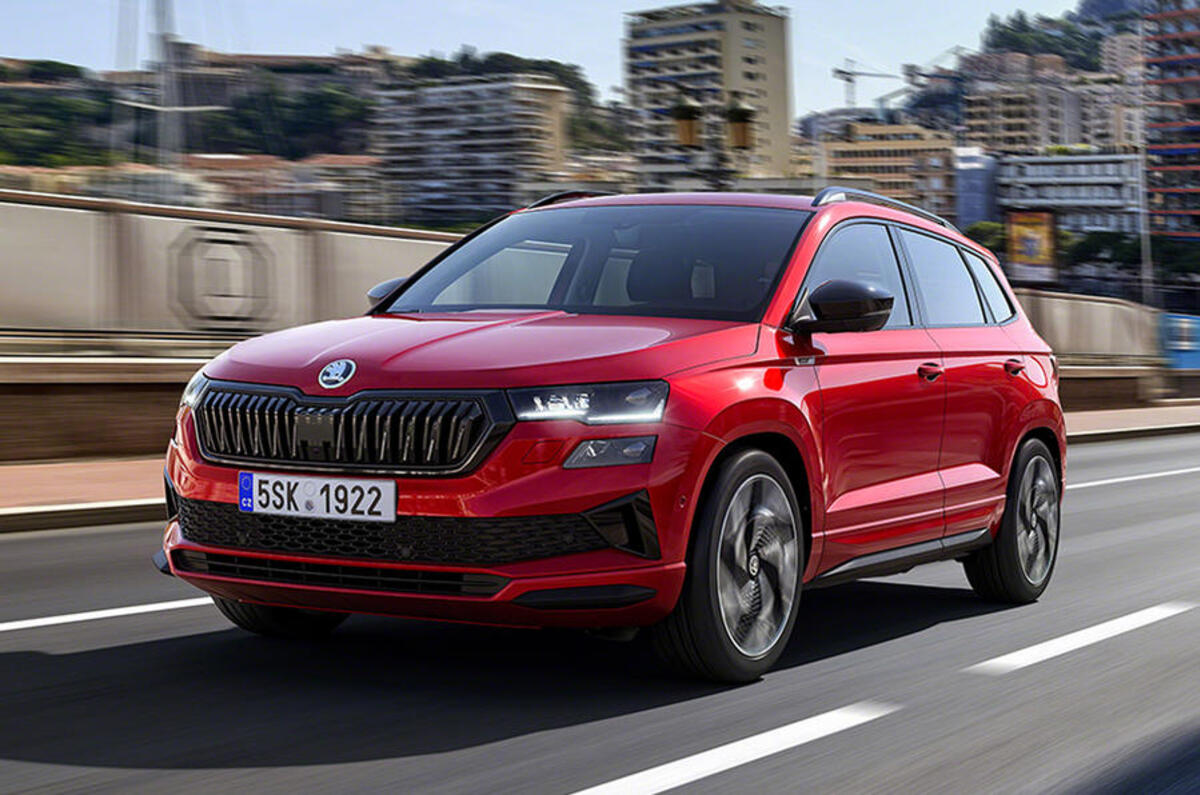
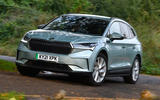





Join the debate
Add your comment
As car prices rocket, people that used to buy Skodas / Kias / Hyundais etc. are now turning to makes like Dacia and MG for value for money.
People can put up with quite a few compromises when saving a LOT of money.
Skoda are far too reliant on diesel which is going to hurt them now. Just to add to the diesel misery, the latest research links one in 12 cases of childhood asthma to NO2 emissions from diesel engines. This is a disgrace and something that Skoda and others need to wake up to. On the subject of semiconductor shortages, Tesla have been relatively unaffected by this because their software engineers can reconfigure systems to adapt. Legacy carmakers have failed to do this because they don't have the same capabilities. There is a warning here that the traditional automakers are going to struggle generally unless they improve their software capability.
Completely agree regarding diesel. As for Semi conductors, i think VW sent those intended for Skoda over to Bentley